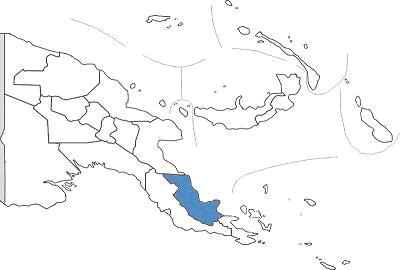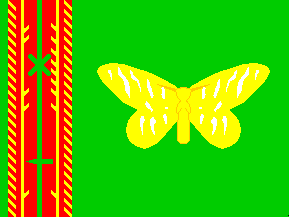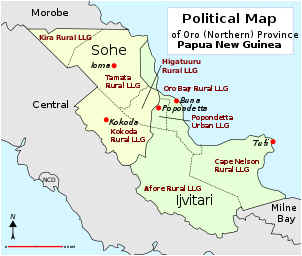Oro Province

Few people would expect to find fjords in Papua New Guinea. The Tufi area on the south east coast of Oro Province is one of PNG's best kept secrets. Situated on Cape Nelson, Tufl is a spectacular place to visit.
Cape Nelson, jutting out into the Solomon Sea, was formed by the eruption of three volcanoes, whose fast flowing lava created the rias, or fjords. Unlike the fjords of Scandinavia, the water is always warm and the sheltered bays are home to stunning coral formations and tropical marine life.
The fjords are over 90 metres deep and rise vertically out of the
water to over 150 metres. Wide entrances are protected by reefs and they
funnel into the mountainside where mangroves form a canopy over narrow
waterways. The vertical faces of the gorge are covered with moss and
orchids and waterfalls cascade directly into the sea.
Although the main attraction is diving, there are plenty of options at
Tufi bushwalking, deep sea fishing, windsurfing, swimming, canoe trips
or just lazing on the white sandy beaches.
Wander among the villages or go to the open market and see the handcrafted pottery, jewellery and tapa cloth that are typical of the region. Tapa cloth is made from the beaten bark of the paper mulberry tree and decorated with exotic designs in natural earth colours. In October every year there is a Tapa Cloth Festival. Other festivals held locally are Martyrs Day and the Korata Church Day. The province is also the home of the largest butterfly in the world, the Queen Alexandra Birdwing, which has a wingspan of 30cm. With the diminishing rainforest, this species is unfortunately fast becoming extinct.
There are a number of village guest houses which offer comfortable accommodation and will arrange fishing, diving and coral viewing excursions. The Tufi Dive Resort, perched on the side of a fjord has mountain views up and out to sea. It is constructed of bush materials and decorated with carvings and artefacts from around the country.
Oro Province has a history of drama, from the early gold rush days to the devastating Pacific campaign of World War 2. The northern end of the Kokoda Trail terminates at the village of Kokoda and from here to the coast, and around the beaches of Buna and Gona, some of the most violent and bitter fighting of World War 2 took place. It is estimated that over 15,000 Japanese soldiers died on the Kokoda Track. The area is still littered with war relics and at jiropa Plantation on the Buna Road, there is a Japanese plaque commemorating their dead.
Not long after the war Mt Lamington erupted, wiping out the district headquarters at Higaturu and killing nearly 3,000 people. Today the provincial capital is located a safe distance from the volcano, at Popondetta. Mt Lamington is a favourite climb for bushwalkers.
There are road links between Popondetta, Tufi, loma, Kira, Kokoda and Afore with PMV buses travelling regularly between the districts. Oro Province is served by Air Niugini, Airlines PNG and other third level airlines, with flights to Popondetta and Tufi.

| District | District Capital | LLG Name |
| Ijivitari District | Popondetta | Afore Rural |
| Cape Nelson Rural | ||
| Oro Bay Rural | ||
| Popendetta Urban | ||
| Sohe District | Kokoda | Higaturu Rural |
| Kira Rural | ||
| Kokoda Rural | ||
| Tamata Rural |
Tufi Dive Resort – 323 3462
Orohaven Kokoda Retreat - 325 4423
Lamington Hotel – 329 7222
Our advertising
rates and policy can be found through
the Online
PNG Business Directory.
